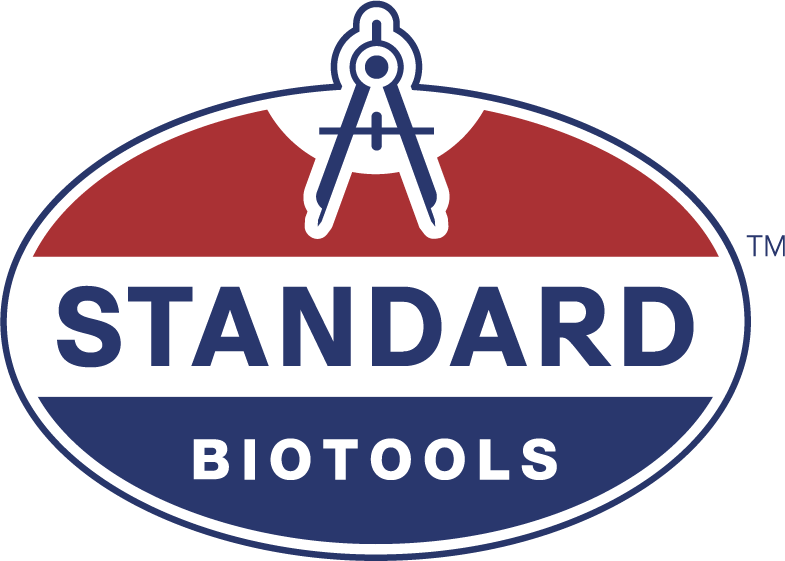Imaging Mass Cytometry Utilized to Seek Molecular Links between African Ancestry and Aggressive Forms of Breast and Prostate Cancer
The studies, Links between Ancestry and Outcome Disparity in Breast and Prostate Cancer Patients Across the African Diaspora in
The mission of the Polyethnic-1000 initiative is to deepen understanding of the contributions ethnicities make to the incidence and behavior of cancers, thereby improving outcomes, especially for those who currently lack access to the most recent advances in medical science. The program seeks to bring genomic innovation to patient populations that are generally under-represented in research. Polyethnic-1000 is a multi-institutional network of collaborators throughout
“While the focus for the Polyethnic-1000 and other initiatives has been genomic-based studies, the team felt that the addition of a proteomics approach could yield invaluable insights about ways in which cancer is prevented, diagnosed and treated in this population,” said Juan Miguel Mosquera, MD, MSc, Director of Research Pathology at the Englander Institute for Precision Medicine and Professor of Pathology and Laboratory Medicine at Weill Cornell Medicine, a lead researcher of the studies. “Integrative analyses of genomic data with CyTOF® data may enable new discoveries regarding the structure of disease tissue at the single-cell level, including the role of immune cells.”
The Polyethnic-1000 initiative is also funding projects investigating pancreatic and lung cancer in Asian American patients and the role of ethnicity in bladder cancer, as well as studies in endometrial, urothelial and multiple myeloma in African Americans. A study of colorectal cancer in African Americans may also include research performed with the Hyperion Imaging System.
Black Americans have the highest death rate of any racial group for most cancers. More than 70,000 African Americans die of cancer each year.
“Collaborative efforts such as the Polyethnic-1000 and CDMRP initiatives are essential to finding solutions to global human health issues,” said Chris Linthwaite, Fluidigm President and CEO. “Racial and ethnic disparity in cancer is an important issue to address through comprehensive scientific inquiry that can provide insights into new approaches to prevention and treatment.
“Combining the high-parameter imaging capabilities of Imaging Mass Cytometry with genomic research can be powerful, and we are pleased that the researchers have chosen the Hyperion Imaging System as a core tool in their efforts to seek insights that may lead to answers.”
Findings from the projects will be shared with the research community. Data will be stored in a repository maintained by the
About
Forward-Looking Statements
This press release contains forward-looking statements within the meaning of the Private Securities Litigation Reform Act of 1995, including, among others, statements regarding the potential benefits of research conducted using
Available Information
We use our website (fluidigm.com), investor site (investors.fluidigm.com), corporate Twitter account (@fluidigm), Facebook page (facebook.com/Fluidigm), and LinkedIn page (linkedin.com/company/fluidigm-corporation) as channels of distribution of information about our products, our planned financial and other announcements, our attendance at upcoming investor and industry conferences, and other matters. Such information may be deemed material information, and we may use these channels to comply with our disclosure obligations under Regulation FD. Therefore, investors should monitor our website and our social media accounts in addition to following our press releases, SEC filings, public conference calls, and webcasts.
Fluidigm
Media:
Senior Director, Corporate Communications
650 243 6621
mark.spearman@fluidigm.com
Investors:
415 389 6400
ir@fluidigm.com

Source: Fluidigm Corporation
